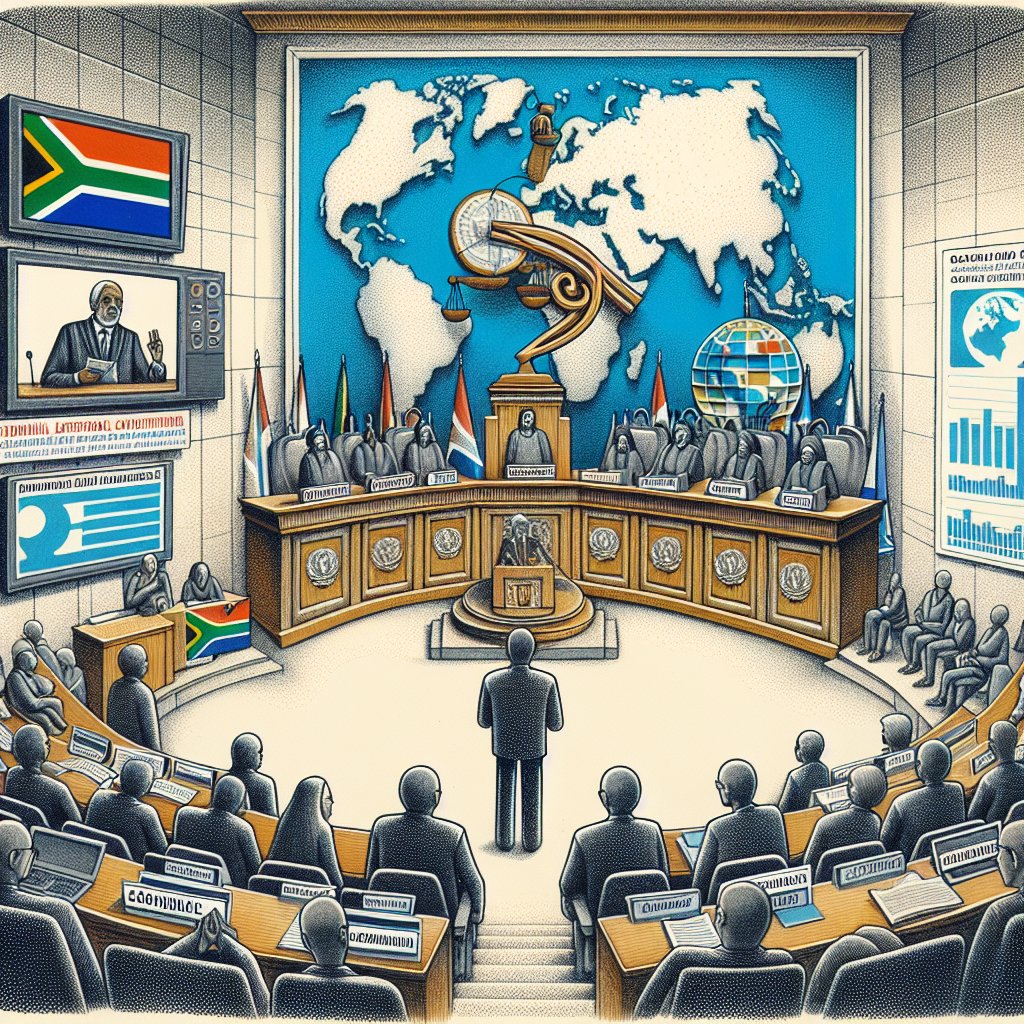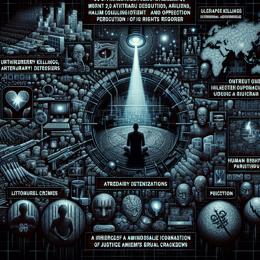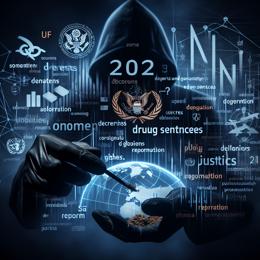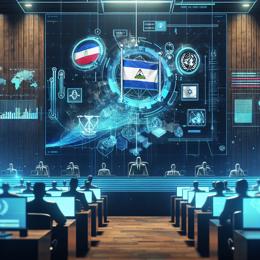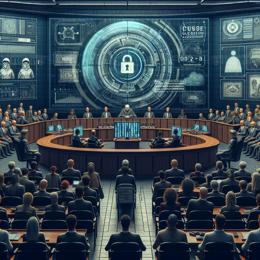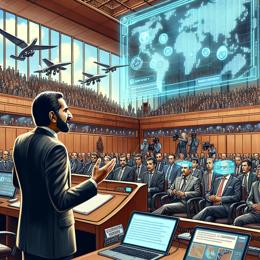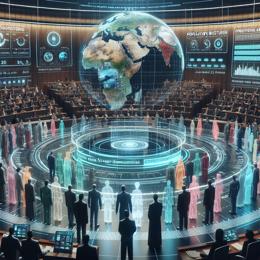Content created by AI
South Africa's Controversial Pursuit of Justice for Gaza Raises International Tensions
The South African government's decision to present a case at the International Court of Justice (ICJ), accusing Israel of genocide against Palestinians in Gaza, has sparked a wave of global backlash and cemented South Africa's contentious position on the international stage. The case, which calls for the arrest of Israeli Prime Minister Benjamin Netanyahu, has particularly strained relations with the United States, an adamant ally of Israel.
The US administration has come out strongly against South Africa's legal pursuit, with White House National Security Council spokesperson John Kirby dismissing the allegations as unfounded and counterproductive. State department spokesperson Matthew Miller echoed the sentiment, denying that the situation in Gaza meets the criteria for genocide, which the international community recognizes as one of the gravest crimes.
Despite the growing international criticism, the ICJ is prepared to conduct hearings on South Africa's filing, which demands the cessation of Israel's military activities in Gaza. These legal proceedings have historically faced criticism for their slow and limited responses, as evidenced by similar inaction in cases such as the Russian invasion of Ukraine and the genocide of the Rohingya by Myanmar.
Professor Patrick Bond from the University of Johannesburg warns that South Africa needs to build a stronger coalition to withstand the global opposition it now faces. He expresses concerns about the divisions within the expanded Brics bloc, where half of the member countries have shown previous support for Israel over Palestine. This divergence could undermine South Africa's diplomatic endeavors within the bloc.
Furthermore, Bond suggests that if international legal avenues fail, South Africa should consider more drastic measures such as breaking diplomatic relations with Israel, which the South African parliament has already mandated, and escalating the boycott, divestment, and sanctions (BDS) movement. The moral imperative, according to Bond, lies with disbanding any remaining economic, cultural, or sporting ties with Israel, drawn from South Africa's own history of overcoming apartheid through international pressure.
South Africa's actions on the international stage have been met with scepticism, with some perceiving it as a move by the ANC to garner electoral support for the upcoming national polls. However, Bond views the foreign policy direction more as a reflection of the country's deep-seated political values, rather than solely an electoral tactic.
Meanwhile, the South African Jewish Board of Deputies has condemned the government for pursuing what they see as a counterproductive case against Israel rather than contributing positively to the dispute.
As the hearings at the ICJ draw near, South Africa's bold actions place it once again at the heart of a major international controversy. The outcome of these legal proceedings and their impact on South Africa's standing in the world remain to be seen.
